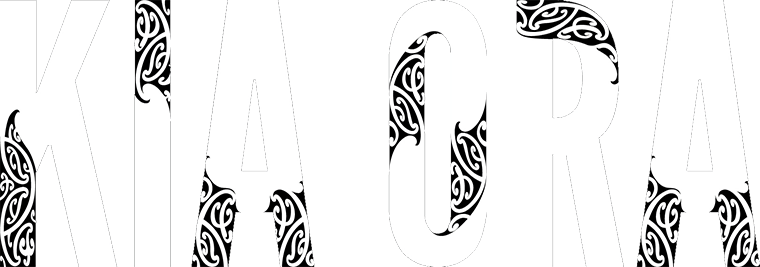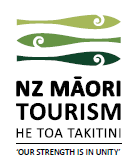I know I’ve talked before on the similarities between Chinese and Māori, but I’ve recently returned with others from China and the shared history between our two peoples is one that we can leverage if we are to encourage more tourism and trade in New Zealand.
We’ve already seen the announcements in the last month of Chinese investment in new hotels that are being built in Auckland.
Auckland is desperate for more hotels. Many were at full capacity last summer, and that problem (even though it’s a good problem to have!) is only exacerbated as more events are added to Auckland’s summer schedule.
The dragon in the room still remains though – the reception of New Zealanders towards Chinese investment.
Yes, it’d be great if New Zealanders were willing to fund all the growth projects that New Zealand requires, but unfortunately that isn’t the case. Therefore, we need to look elsewhere – and China wants to invest here.
But China isn’t the only one. We have investment from the UK, America and Australia etc, but none of them to seem gain as much criticism or scrutiny as Chinese investment does.
Yes, there are several Iwi that are investing, but lately we are starting to see JVs or partnerships between Iwi and Chinese investors. The benefits this produces for all are immense.
The Chinese and Māori way of doing business has remarkable similarities. Māori often talk of mana – the exact translation means different things to different people, but it’s your standing, or the side of you that’s presented. It is about integrity. The Chinese have something similar which is the act of saving face.
We cannot underestimate how important this is. None of us like to be made fools of, or made to look as though we don’t know what’s going on. Yet, the way we treat foreign investment in this country, and in particular Chinese investment, shows that we still have a long way to go in making everyone feel comfortable.
This effort cannot rely solely on either party. New Zealand needs to accept that we need foreign investment, especially in tourism, if we are to achieve our 2025 aspirational goals. I have perused a number of investments over recent years and it seems to me that we could be a lot more proactive. Outcomes need not only be financial, how about specifics – scholarships to foreign universities and theirs to ours, contribution to an R & D or environmental fund, contribution to community initiatives and so on.
And the potential investors need to make relationships with those here that they’ll be working alongside – Iwi (actually there’s a lot going on in this space) councils, training institutions, industry organisations etc, and those who are benefiting from this investment. How often do we read in the paper that the Chinese have bought a(nother) campground, or hotel, but very rarely do we hear from those workers who still have jobs, who are being provided with extra training, and job security.
We all know that relationships are one of the most important things in any industry, but especially so in tourism. We put out the welcome mat for Chinese money when it suits us – when they’re staying in our hotels, travelling in our aeroplanes, and watching a farm demonstration, but yet we bring in that welcome mat when it comes to them investing in that same infrastructure.
How is this supposed to translate back in China? Chinese visitors to our shores are only increasing, and we are going to start seeing more investment opportunities opening up here. We need to figure out how we handle and treat these requests, with the care and respect they deserve, before we find ourselves devoid of both Chinese tourists and investment. And then where would we be? I know, back to working with people who look and conduct business just like us, how boring!
Mauriora!
Pania Tyson-Nathan
CEO of NZ Māori Tourism


